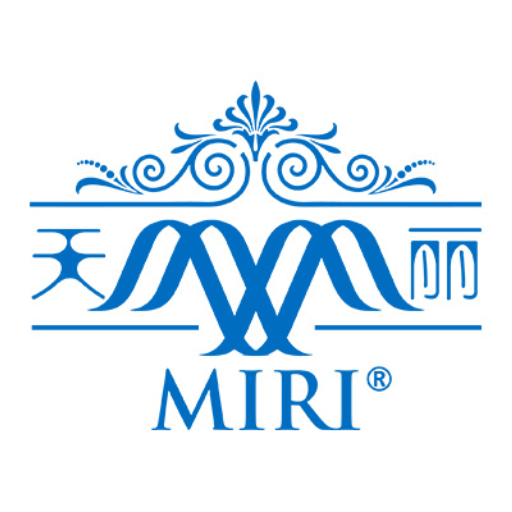Menopause Wellness: A Holistic Approach to Thriving During the Transition
Menopause is a natural biological process marking the end of a woman’s reproductive years, typically occurring between ages 45-55. While it’s a normal transition, the hormonal changes during menopause can bring physical and emotional challenges. Understanding how to manage symptoms and support your body holistically can help you navigate this phase with grace and confidence.
Understanding the Menopause Transition
The menopause transition, also called perimenopause, typically begins several years before the final menstrual period. During this time, estrogen and progesterone production fluctuates and eventually declines. This hormonal shift triggers various changes in the body that can affect everything from sleep patterns to skin elasticity. Many women find it helpful to learn about common menopause symptoms to know what to expect.
Menopause is confirmed when a woman has gone 12 consecutive months without a menstrual period. The postmenopausal phase follows, where symptoms may continue for several years as the body adjusts to its new hormonal balance.
Natural Support for Menopausal Symptoms
While every woman’s experience is unique, there are several natural approaches that can help manage common menopause discomforts:
1. Hot Flash Relief
Hot flashes affect up to 75% of menopausal women. Dress in layers, keep rooms cool, and consider stress reduction techniques like meditation. Some women find relief with phytoestrogen-rich foods like soy, flaxseeds, and legumes.
2. Sleep Support
Estrogen decline can disrupt sleep patterns. Establish a calming bedtime routine, limit screen time before bed, and create a comfortable sleep environment. Herbal teas with chamomile or valerian may promote relaxation.
3. Mood and Emotional Wellbeing
Hormonal fluctuations can lead to mood swings. Regular exercise, mindfulness practices, and maintaining social connections can help stabilize mood. Some women benefit from Miri Feminine Essence, which contains herbs traditionally used to support hormonal balance.
4. Skin and Hair Changes
Declining estrogen can lead to drier skin and thinning hair. Stay hydrated, use gentle skincare products, and consider collagen supplementation to support skin elasticity. Miri Collagen Protein provides marine collagen peptides that can help maintain skin’s youthful appearance.
Nutrition for Menopausal Health
Diet plays a crucial role in managing menopause symptoms and supporting overall health during this transition:
• Focus on calcium-rich foods (leafy greens, dairy alternatives) for bone health
• Include plenty of fruits and vegetables for antioxidants
• Choose whole grains over refined carbohydrates
• Include healthy fats like avocados, nuts, and olive oil
• Stay well-hydrated with water and herbal teas
• Limit caffeine, alcohol, and spicy foods which may trigger hot flashes
For additional support, some women find benefit in herbal supplements containing phytoestrogens. Our article on herbal remedies for menopause explores this option in more detail.
Exercise and Movement for Menopause Wellness
Regular physical activity becomes even more important during and after menopause. Exercise can help:
• Maintain bone density and prevent osteoporosis
• Support cardiovascular health
• Improve sleep quality
• Boost mood and mental clarity
• Maintain healthy body composition
Aim for a mix of weight-bearing exercises (walking, dancing), strength training, and flexibility work like yoga. Even gentle daily movement can make a significant difference in managing menopause-related weight changes and promoting overall wellbeing.
Self-Care and Emotional Wellbeing During Menopause
The menopausal transition is more than just physical changes—it’s an opportunity for personal growth and renewal. Consider these self-care strategies:
• Practice stress-reduction techniques like meditation or deep breathing
• Connect with other women experiencing similar changes
• Explore new hobbies or creative outlets
• Prioritize time for relaxation and pleasure
• Be patient and kind with yourself as your body adapts
For more inspiration on embracing this life stage, read our article about thriving through menopause with a positive mindset.
When to Seek Medical Advice
While menopause is a natural process, some women may need medical support for severe symptoms. Consult a healthcare provider if you experience:
• Extremely heavy or prolonged bleeding
• Severe mood disturbances
• Debilitating hot flashes that disrupt daily life
• Symptoms of vaginal atrophy causing pain or discomfort
• Any concerns about your bone health
Remember that menopause is a unique journey for every woman. By understanding the changes happening in your body and implementing supportive lifestyle practices, you can navigate this transition with greater ease and embrace this new phase of life with confidence.
